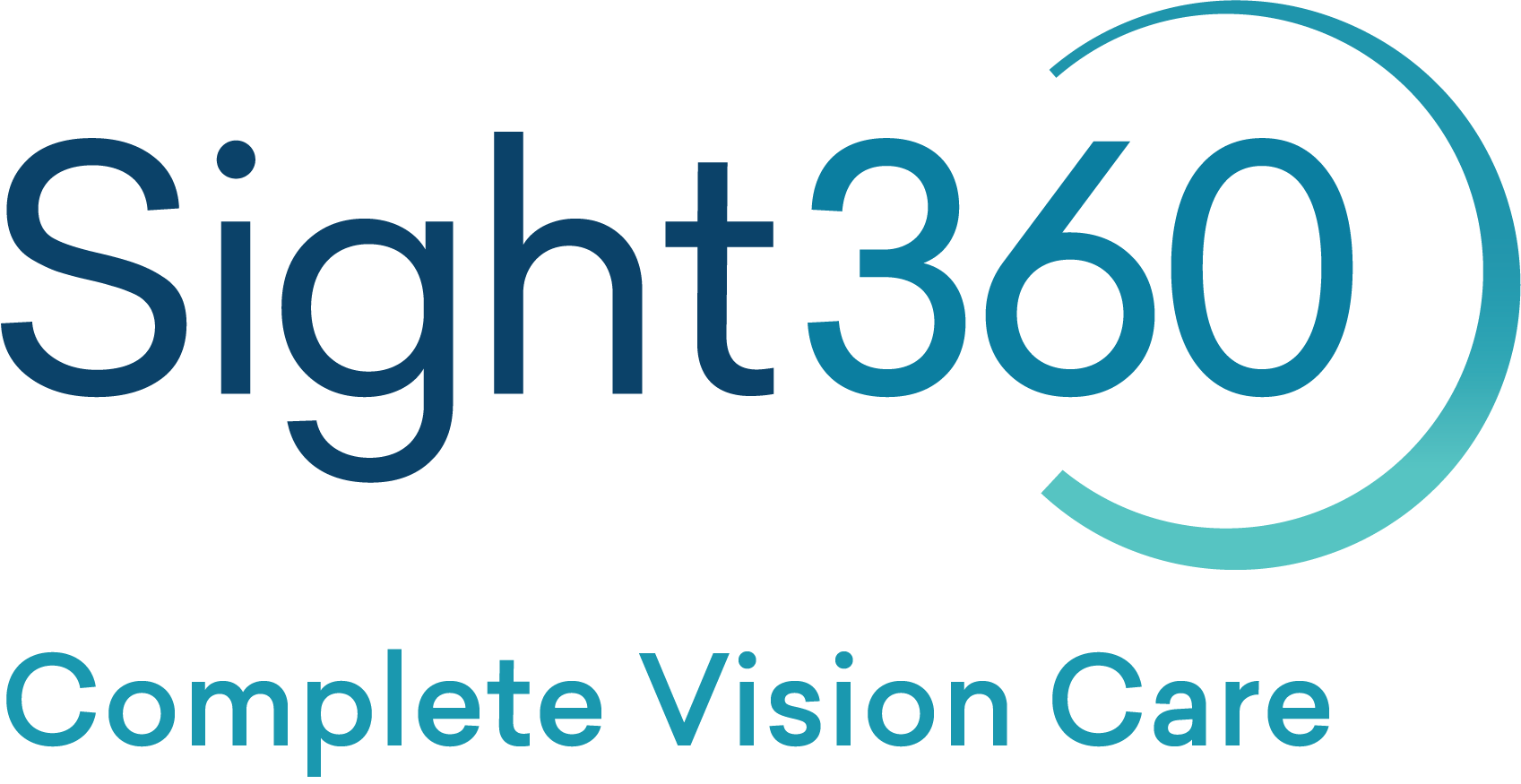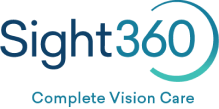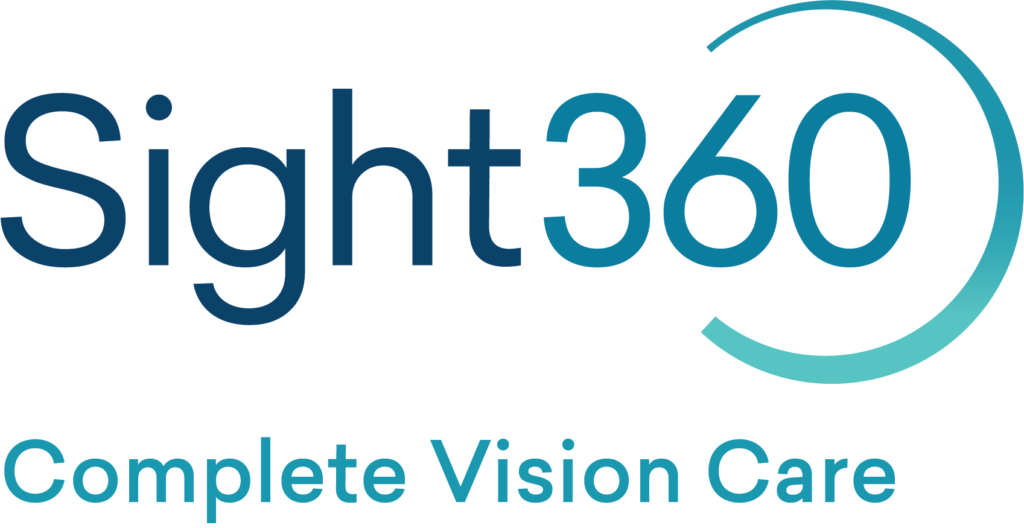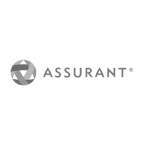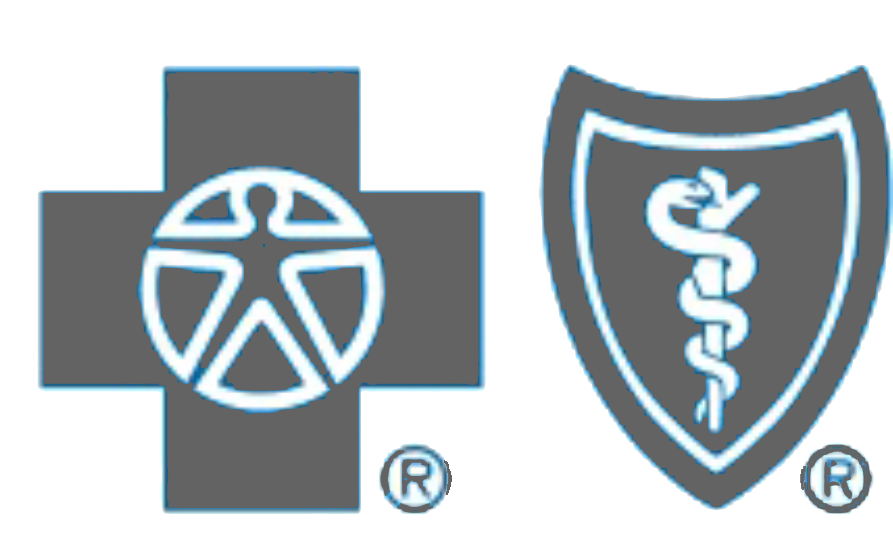- Home
- /
- Services
- /
- Ophthalmology
- /
- Cataracts
- /
- What to Expect on Your Cataract Journey
What to Expect on Your Cataract Journey
Are you ready to embark on the journey to renewing your vision?
# cataract treatment
# Cataracts
# Cataract Surgery
What to Expect on Your Cataract Journey
What to Expect on Your Cataract Journey
Are you ready to embark on the journey to renewing your vision? At Sight360, we are proud to be a comprehensive vision organization trusted by residents of St Pete, Pinellas Park and Clearwater. You can rely on us to explain exactly what to expect from your cataract journey and lay out a cataract timeline that will see you through to clear and enhanced sight.
Cataract Evaluation
Before you make the choice to undergo cataract surgery, it’s important to know what cataracts are and have a cataract evaluation.
Cataracts are a clouding of the lens behind the colored part of your eye. This clouding is the result of proteins clumping together during the aging process. When light cannot directly pass through this cloudiness, patients can experience problems with their vision. Cataracts symptoms include:
- Trouble with your usual glasses or contacts
- Cloudy or double-vision
- A distracting glare reflected off of oncoming headlights when you drive
Your doctor and their technician will evaluate the complete health of your eye and determine whether your cataract is far enough along to be considered medically necessary for surgery or if you should wait a little while longer. Your pupils will be dilated during this visit.
Choosing New Lens and Reducing Your Need for Eyeglasses
They will also ask you about your lifestyle and hobbies to offer the artificial (intraocular) lens options that will best meet your vision needs – some of which may reduce your need for glasses.
When ready to proceed, you will meet with a surgical counselor who will review the procedure with you, schedule your surgery and follow-up visits, and discuss costs and payment options.
Pre-Operation
In preparation for the surgery, we will measure the size and shape of your eye using ultrasound technology and confirm your lens selection. You will also start using prescribed eye drops two days before the surgery.
You may be asked to have your primary care doctor perform a pre-operative health assessment.
Surgery Day
Prior to your surgery date the surgery center will call you to review the instructions on any current medication, what to wear and the other surgery details. You will not be driving yourself home following the surgery, so transportation will need to be arranged.
At surgery check-in you will sign consents and the staff will ensure all payments are received. The staff will confirm your post-op visit appointment, provide you with your medication eye drop schedule, and review other instructions.
Your surgeon will perform either traditional cataract surgery or laser-assisted cataract surgery, depending on the lens you have selected. To numb the area, they will use local anesthetics. If needed, we can also provide a light sedative.
Post-Op and Recovery
On the day of your surgery, you will receive instructions to help heal and protect your eyes during recovery, as well as prescriptions for eye drops. You will be instructed to avoid rubbing your eyes or getting water in them for one week.
Some patients can see an improvement in their vision immediately after surgery, while others note that it takes a week or two for their eyes to adapt to the lens implant.
Get Started on Your Cataract Journey
During a consultation at our office, we can go into detail about the timeline you can expect for your cataract journey. Contact Sight360 today to get started!
Cataract Journey FAQs
Cataracts often begin forming in the lens during the aging process, typically after the age of 40. In the early stages, individuals may not notice significant changes in their vision. The lens may start to undergo subtle clouding.
As cataracts progress, the clouding of the lens becomes more noticeable and some daily activities become harder. Vision may become blurred or hazy, especially in low-light conditions. Some individuals may experience increased sensitivity to glare from lights, which may cause significant discomfort, and colors may appear faded or yellowed. Blurred vision may affect daily activities such as reading, driving, or recognizing faces. As cataracts progress, the impact on vision becomes more evident, and individuals should seek an eye examination.
When individuals notice persistent changes in vision, it is advisable to seek medical attention. An eye care professional can conduct a thorough examination to determine the presence and severity of cataracts or any other eye conditions. As a cataract develops, it will often cause a change in eyeglass prescription.
Cataract surgery is often recommended when the impairment significantly affects the individual’s quality of life and the vision cannot be improved with a change in glasses. The decision for surgery is based on the progression of cataracts and the impact on daily activities.
Cataract surgery involves removing the cloudy lens and replacing it with an artificial (intraocular) lens. The recovery period is usually short and most individuals experience improved vision shortly after the procedure.
Step 1: Understanding the Cataract Surgery Booking Process
Scheduling cataract surgery is easy when you choose to partner with Sight360. You can count on having a medical professional guide you through every step of the procedure.
Step 2: Cataract Evaluation
If you are struggling with clouded vision resulting from cataracts, getting started with a cataract evaluation is the first step towards renewing your vision. Our kind and knowledgeable doctors will help you understand your options.
Step 3: Cataract Surgery Options
When you turn to the board-certified ophthalmologists at Sight360, you can benefit from state-of-the-art surgery options.
Step 4: Cataract Lens Options
At Sight360, we know that cataract implants are not one-size-fits-all, which is why patients are able to choose the one that's right for them and help limit your need to wear any type of glasses or contacts following surgery.
Step 5: Guide to Cataract Surgery Financing Options
You may know that surgery can help restore your sight and give you clearer vision, but you may not be so sure as to your financing options for cataract surgery.
Step 6: Understanding Cataract Surgery Recovery
Cataract surgery is a common procedure that does not involve an intensive recovery process. As a result, you can look forward to renewing your vision relatively quickly and enjoying clear sight soon after the surgery has been completed.
Highly Rated Eye Doctors & Vision Care Specialists
Your sight is your most important sense. Therefore, you want to make sure it is in excellent hands. You can trust the vision care specialists at Sight360, but don’t take our word for it.
Here’s what our patients have to say about the level of care we provide.
